Summaries of books about Modern Philosophy:

The Wisdom of Life
Arthur Schopenhauer
The book presents a philosophical examination of what constitutes a good life, exploring the role of wealth, personality, beauty, and intellect in achieving personal happiness and satisfaction. It offers guidance on how to maximize well-being through the cultivation of one's own strengths and the prudent management of life's challenges.
See full summary
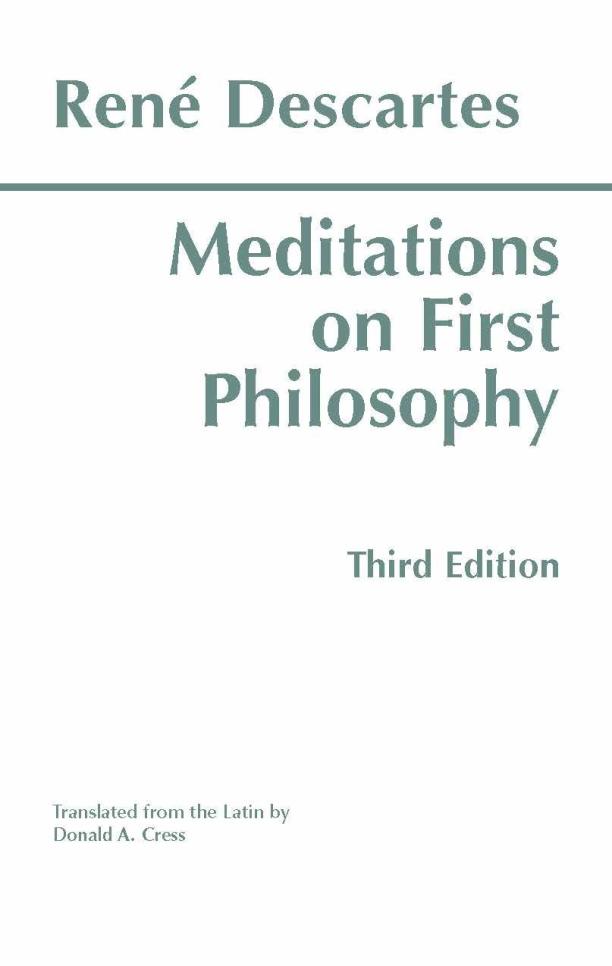
Meditations on First Philosophy
René Descartes
The book presents Descartes' philosophical exploration of fundamental questions regarding existence, knowledge, and the nature of reality. It introduces his famous dictum "Cogito, ergo sum" (I think, therefore I am) and lays the groundwork for modern philosophy with his methodical doubt and arguments for the existence of God and the immortality of the soul.
See full summary

The Human Condition
Second Edition
Hannah Arendt
The book explores the nature of human activities—labor, work, and action—and their corresponding societal realms. It delves into the historical development of the modern world and the crises of the twentieth century, examining the loss of public space for individuals to participate in political action.
See full summary

Madness and Civilization
A History of Insanity in the Age of Reason
Michel Foucault
The book traces the cultural evolution of the perception and treatment of mental illness in Europe from the Middle Ages to the modern era, arguing that the concept of madness has been shaped by social and political forces, leading to the marginalization and institutionalization of the mentally ill. It examines the shift from a world where the mad were integrated into society to one where they were isolated and subjected to medicalization and moral judgment.
See full summary
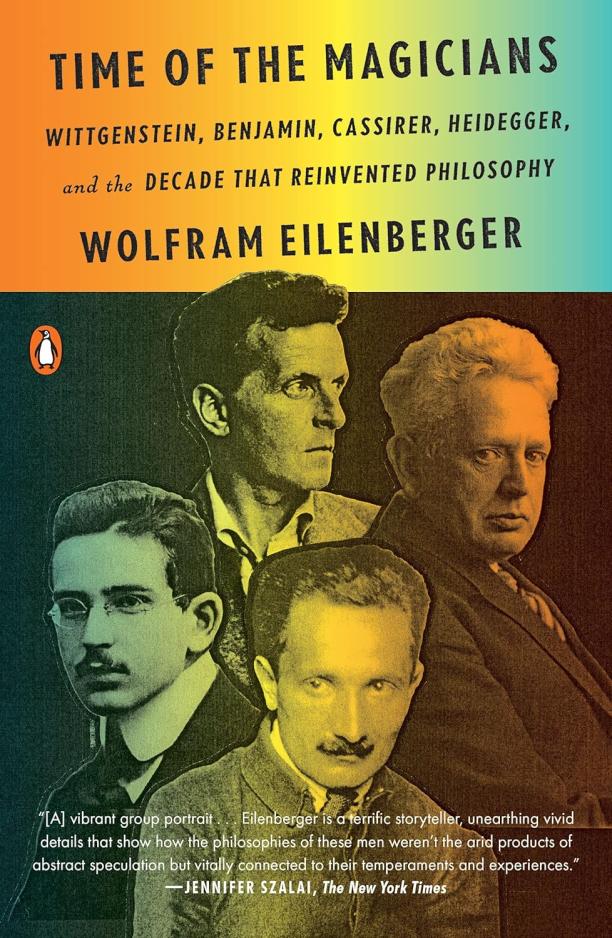
Time of the Magicians
Wittgenstein, Benjamin, Cassirer, Heidegger, and the Decade That Reinvented Philosophy
Wolfram Eilenberger
The book delves into the intellectual lives and philosophical developments of four influential 20th-century thinkers during the 1920s, a transformative period for modern philosophy. It explores how Ludwig Wittgenstein, Walter Benjamin, Ernst Cassirer, and Martin Heidegger each challenged existing paradigms, laying the groundwork for contemporary philosophical thought.
See full summary
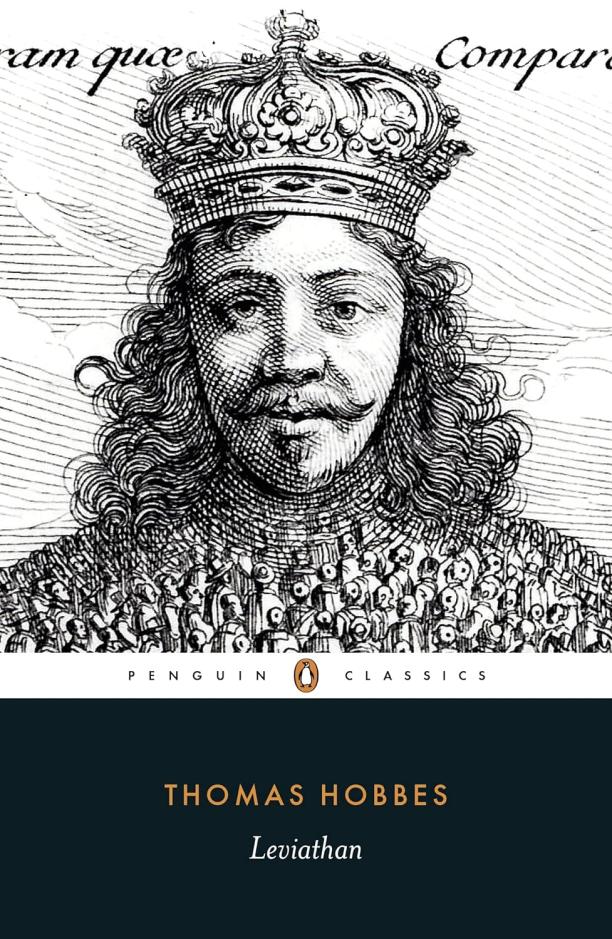
Leviathan
Thomas Hobbes
The book presents a foundational treatise on political philosophy, arguing for the necessity of a strong central authority to avoid the chaos and violence of a state of nature. It outlines the concept of the social contract, where individuals consent to surrender some of their freedoms to a sovereign in exchange for security and order.
See full summary

Golf's Holy War
The Battle for the Soul of a Game in an Age of Science
Brett Cyrgalis
The book explores the tension between traditional golfing techniques and the modern reliance on technology and science to enhance performance. It delves into the debate over what truly improves a golfer's game: the art of intuitive play or the data-driven approach of biomechanics and analytics.
See full summary
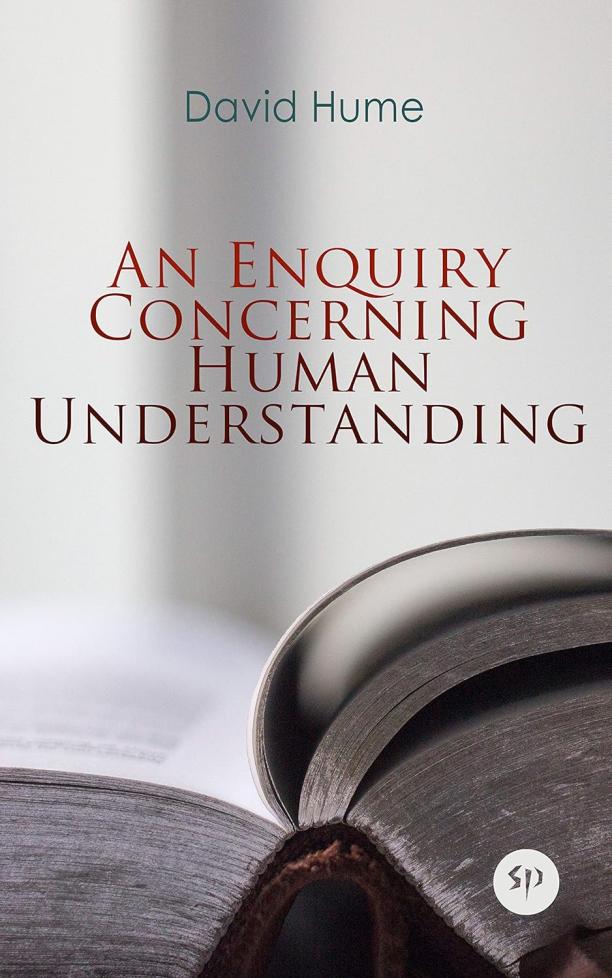
An Enquiry Concerning Human Understanding
David Hume
The book presents a skeptical philosophy questioning the reliability of human knowledge, causation, and the existence of the self, arguing that most human understanding is based on habits and customs rather than rational deduction. It also discusses the limitations of scientific and empirical methods, the role of free will, and the nature of religion.
See full summary
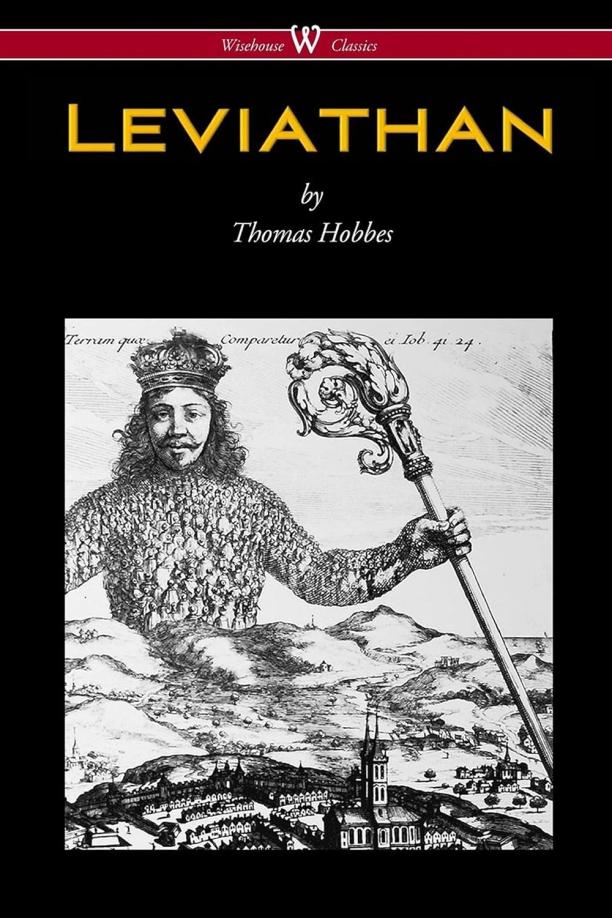
Leviathan
the original authoritative edition
Thomas Hobbes
The book presents a foundational work in political philosophy, arguing for the necessity of a strong central authority to avoid the chaos and violence of a state of nature. It delves into the structure of society and legitimate government, advocating for a social contract and sovereignty as the basis of political order.
See full summary
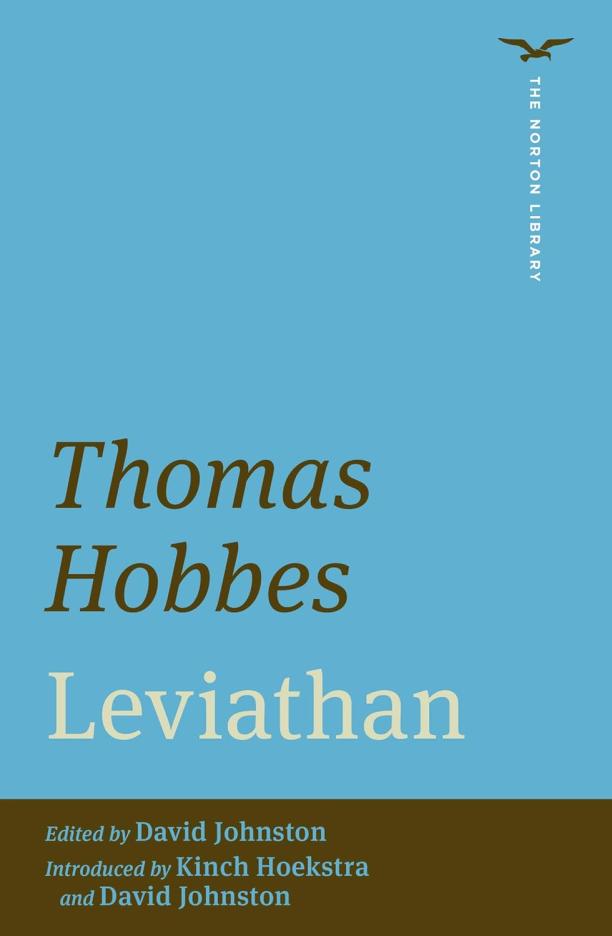
Leviathan
Thomas Hobbes
The book presents a foundational work in political philosophy, arguing for the necessity of a strong central authority to avoid the chaos and violence of a state of nature. It outlines Hobbes's views on human nature, the social contract, and the structure of a legitimate sovereign power to ensure peace and social order.
See full summary